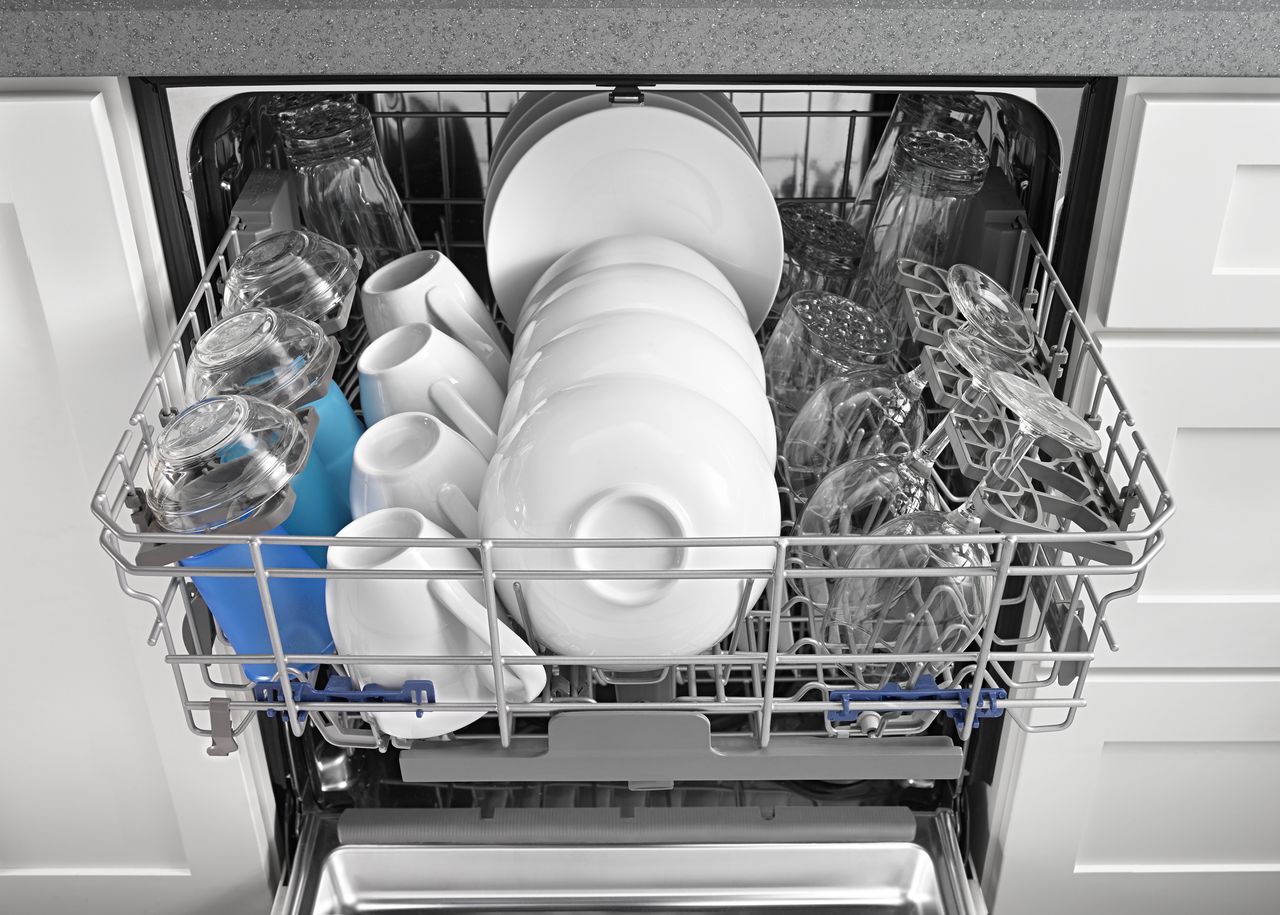
Few appliance owners actually know the usual run time for a dishwasher. You just know that it cleans a load of dishes in some amount of reasonable time and if you don’t notice it, it works great. Typically, a healthy dishwasher will complete a wash anywhere between 30 minutes and 4 hours.
This is a huge time discrepancy, but there is quite a bit that can add time to a healthy dishwasher’s cycle. For example, if you put it on a heavy wash and added a sanitation wash as well as heated drying, this will take a very long time. Alternatively, a rinse only cycle won’t take very long at all. However, if you use the same wash cycle, yet the dishwasher is consistently taking longer to complete it, there are a few problems that need to be checked for.
Clogs
The most common cause of a dishwasher taking progressively longer to complete its cycle is due to a clog somewhere in the system. What clogs mean is that the appliance will not only take longer to drain, but it may also take longer to fill as well. This means it may take a lot longer before a cycle even starts because it struggles with this prep work.
When looking to see if a clog is the cause, here is what you will want to check:
- Drain Filter – The drain filter is specifically meant to catch food particles and prevent clogs deeper in the system. Unfortunately, if it is overladen with food, it can cause a clog itself which will slow your dishwasher’s ability to drain effectively.
- Drain Hose – If the drain filter is missing or hasn’t been doing its job, food particles can build up in the drain hose itself. When this happens, your dishwasher may not drain or it may struggle to do so.
- The Pump – As the pump is responsible for pumping in water, it is less likely to clog, but still possible. This is truer if you use hard water in your home.
- The Fill Hose – Similar to the pump, the fill hose is not as prone to clogs, but hard water can make them happen. Furthermore, not all water that comes into your home is free of debris that may cause a clog.
While checking for clogs, you will also want to consider the possibility that the clog is not caused by debris, but mineral build-up. If you use hard water in your house and appliances, this will be a factor. Check the spray arm, heating element, or other water dispensing devices for mineral build-up. They may look like white splotches and build up, or they may have an orange or brown color to them. Once these are removed, you may want to consider a water softener at least for your appliances to stop it from happening again.
Faulty Wash Sensors
When your dishwasher has a slow working drain, it is the sensors that stop it from progressing to the next cycle until it is done. However, your dishwasher does not need to have a clog for this to happen. If the wash sensor has gone faulty, it will have a similar effect. If the wash sensor has gone out completely, you will find that your dishwasher will not switch cycles.
If your washer takes a long time to switch cycles, you will also want to check the turbidity sensor in the pump housing. This sensor is responsible for detecting food particles and other undissolved solids during a wash. When food is detected, it will continue to clean. When the water runs clean, it signals to the dishwasher that is can switch to the next cycle. In some cases, the turbidity sensor can malfunction and continues to detect particles when there is none to be found. If your dishwasher has begun to run indefinitely on a wash cycle, this is most definitely the cause of it and your turbidity sensor will need to be replaced.
Too Cold of Water
Some dishwashers are connected to hot water inlets. In these dishwashers, you will notice that they wash dishes faster. This is because those dishwashers that are hooked up to cold water inlets will need to heat up the water coming in for much longer. All dishwashers will heat the water to a set temperature, but those that use cold water need longer to do so.
This fact will increase your wash time, but the wash time will only get longer if the water is no longer being heated efficiently anymore. You will want to check the heating element in your dishwasher to make sure it is still working. Your dishwasher comes equipped with temperature sensors that allow it to switch to the next cycle when the water is warmed up enough, so if it doesn’t get as warm as quickly, it makes the dishwasher take progressively longer.
If the heating element is not faulty, but you want to speed up your dishwasher, you can look into switching your dishwasher from a cold water inlet to a hot water one. This will use some of your hot water, but it can actually go a long way towards improving the energy efficiency of your home. As the dishwasher does not have to heat up the water as much, it saves both time and energy spent by the heating element inside your appliance.
Still Need Help?
If you cannot find the true cause of why your dishwasher is taking so long, there may be something that you are not seeing. In these times, it is often faster to call a trained professional appliance repair technician out to get to the root of the problem quickly. In many cases, one of the above was the cause, but you were not able to see it such as a clog deep in a tube or in the pump. If you can’t troubleshoot it yourself, it is often faster and less stressful to have a professional out to do it for you.
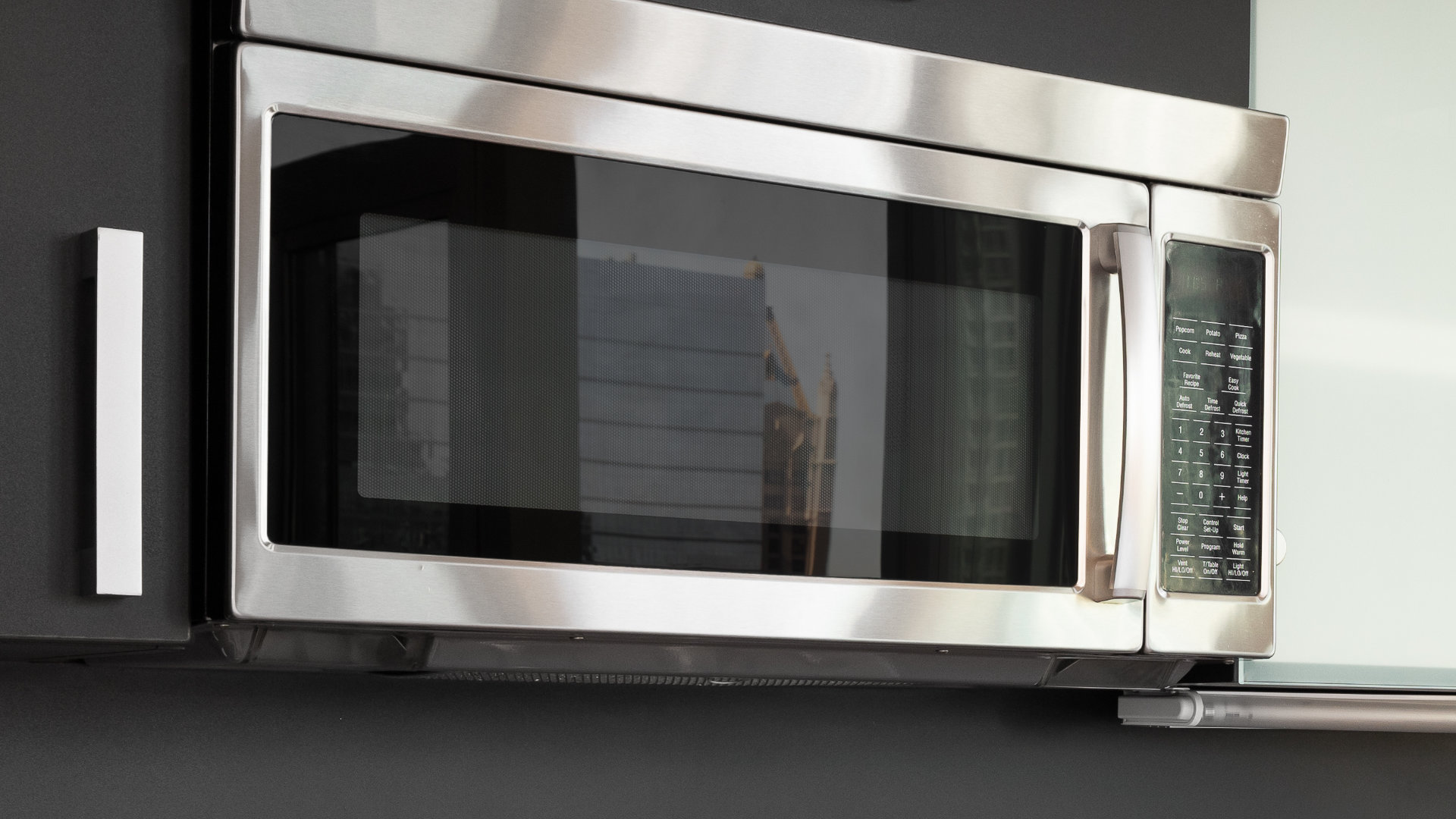
Your Guide to Whirlpool Microwave Replacement Parts
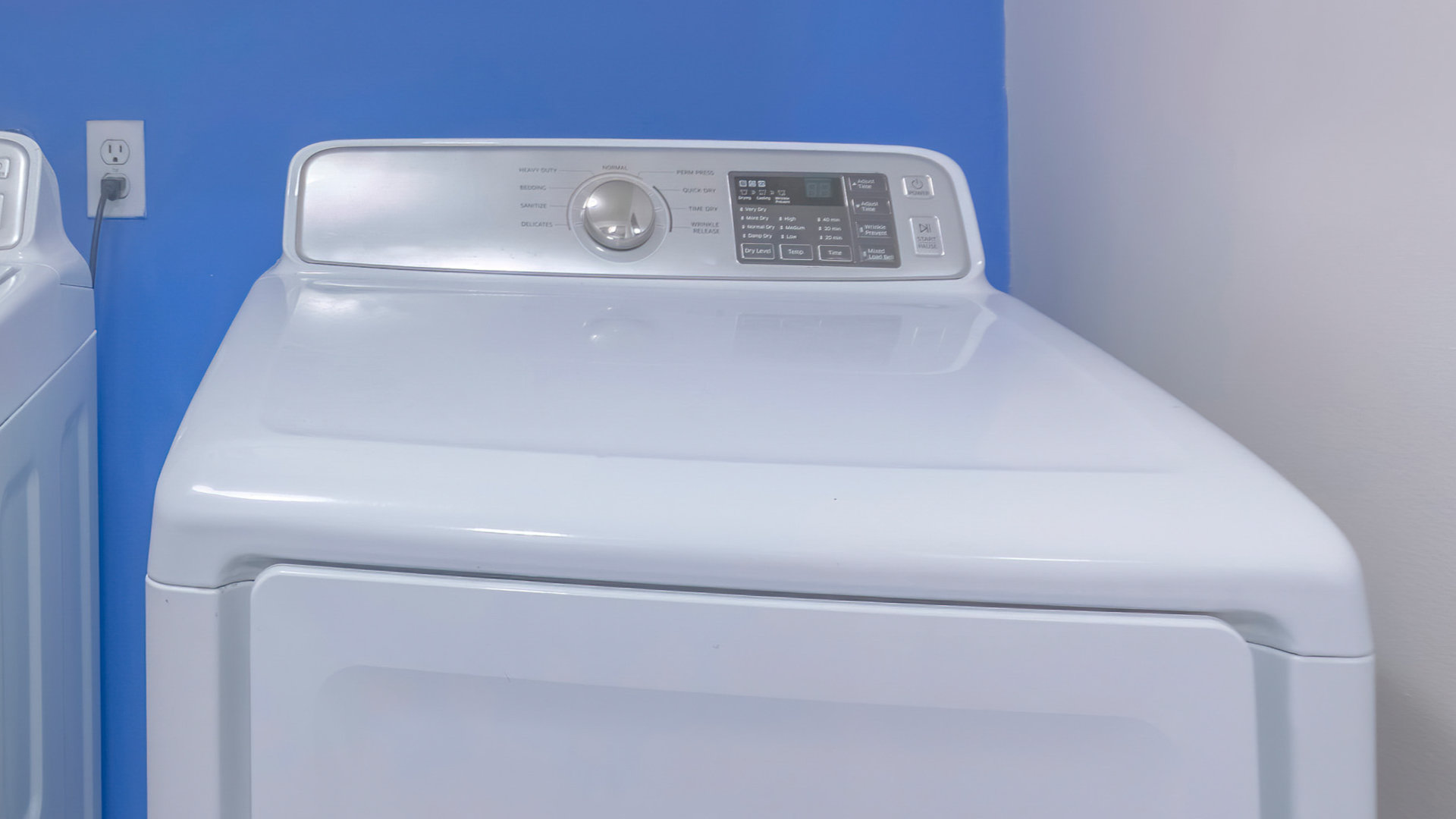
What to Do When Your Kenmore Dryer Won’t Start
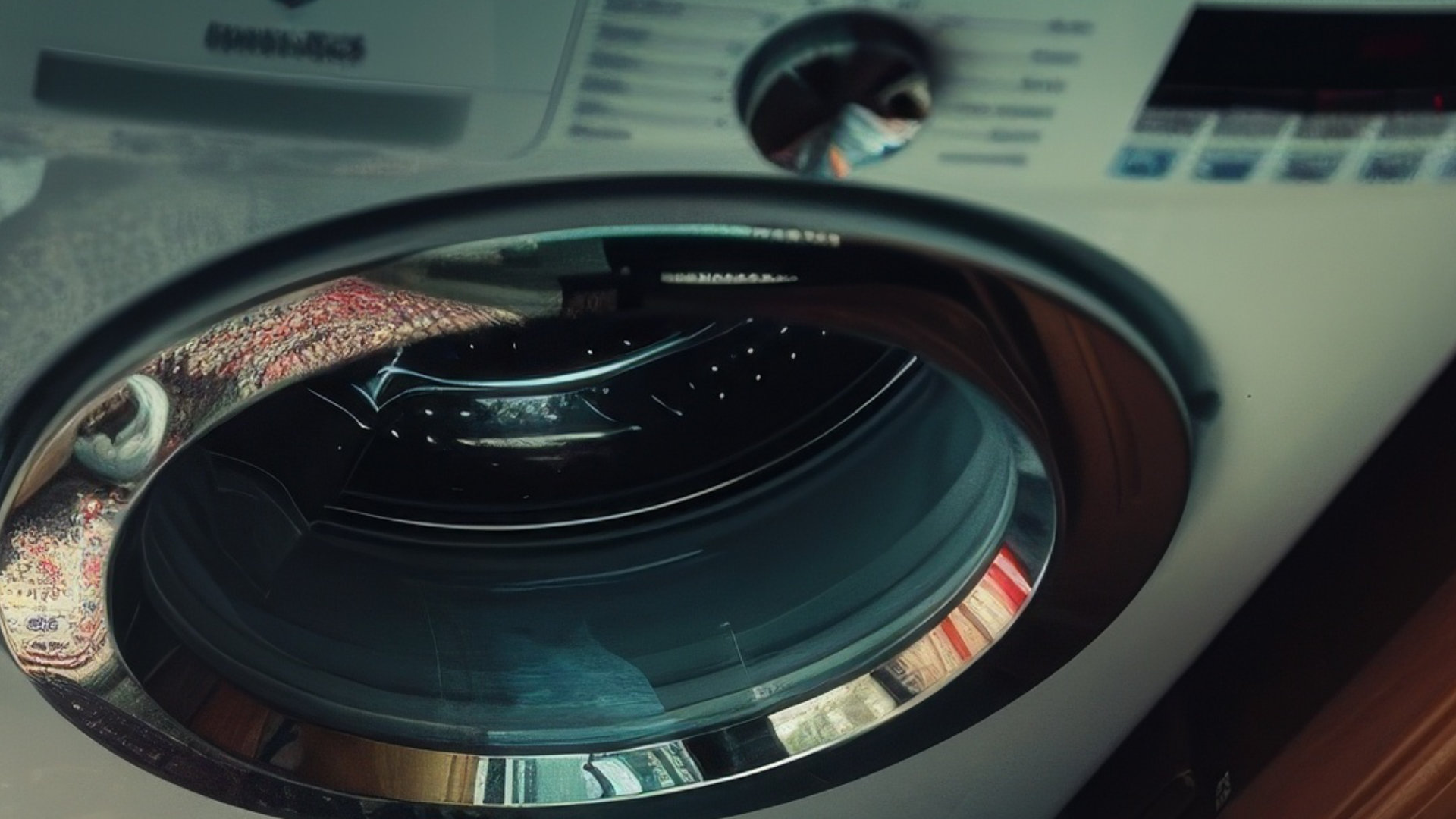
How to Resolve the LG Washer LE Error Code
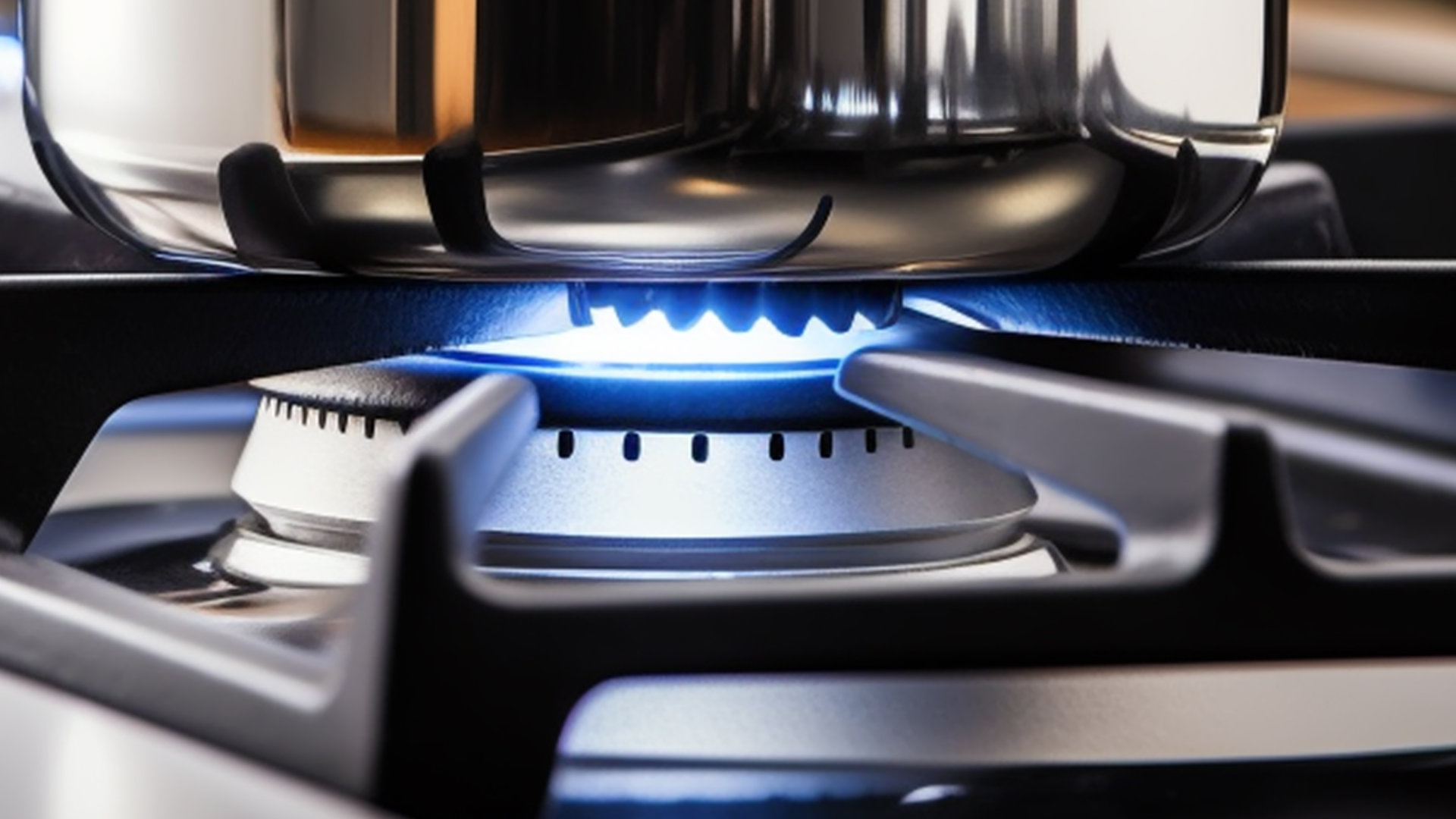
Why Does My Oven Smell Like Gas? Causes and What to Do
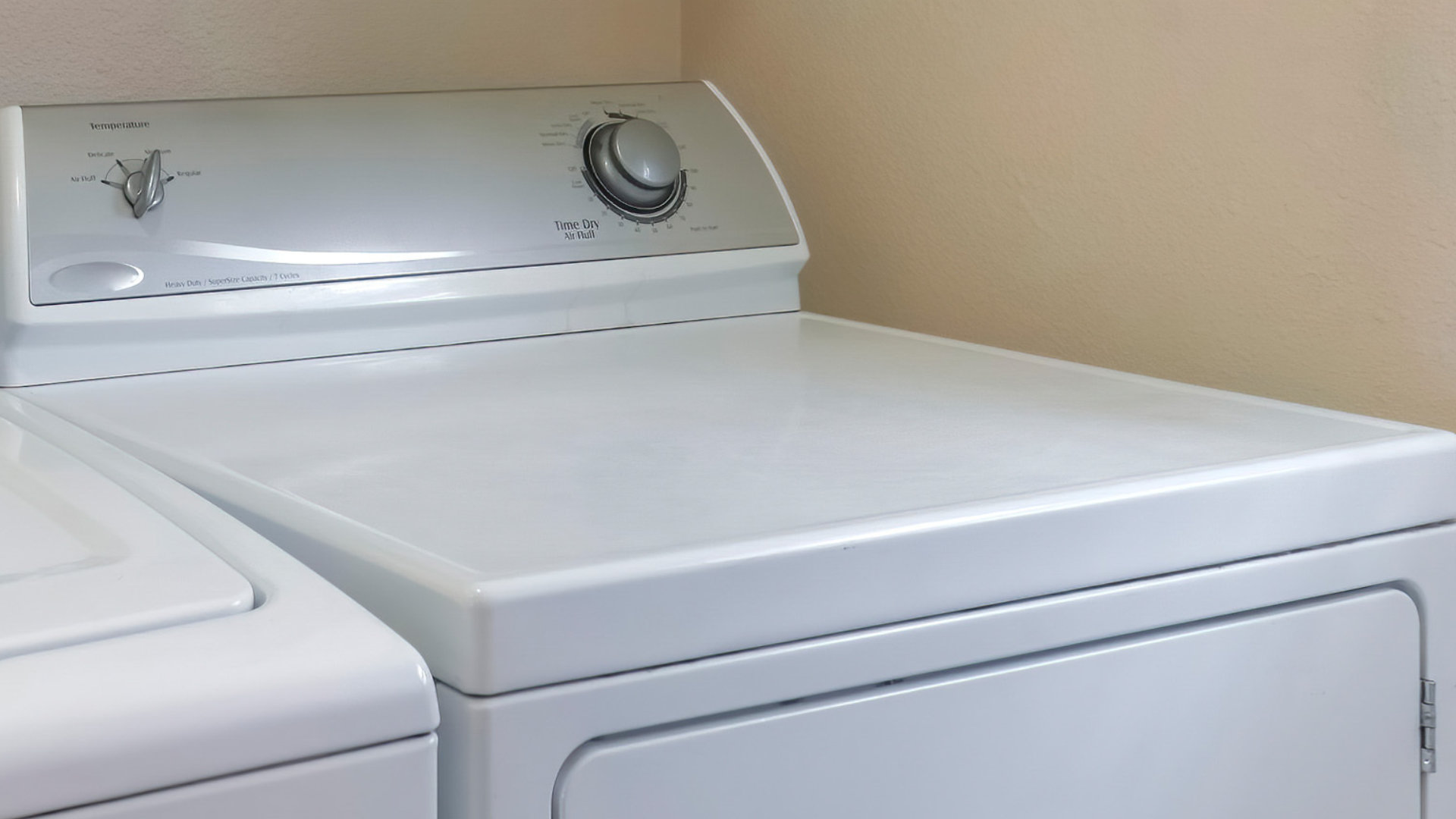
Maytag Dryer Not Heating? Here’s How to Fix It
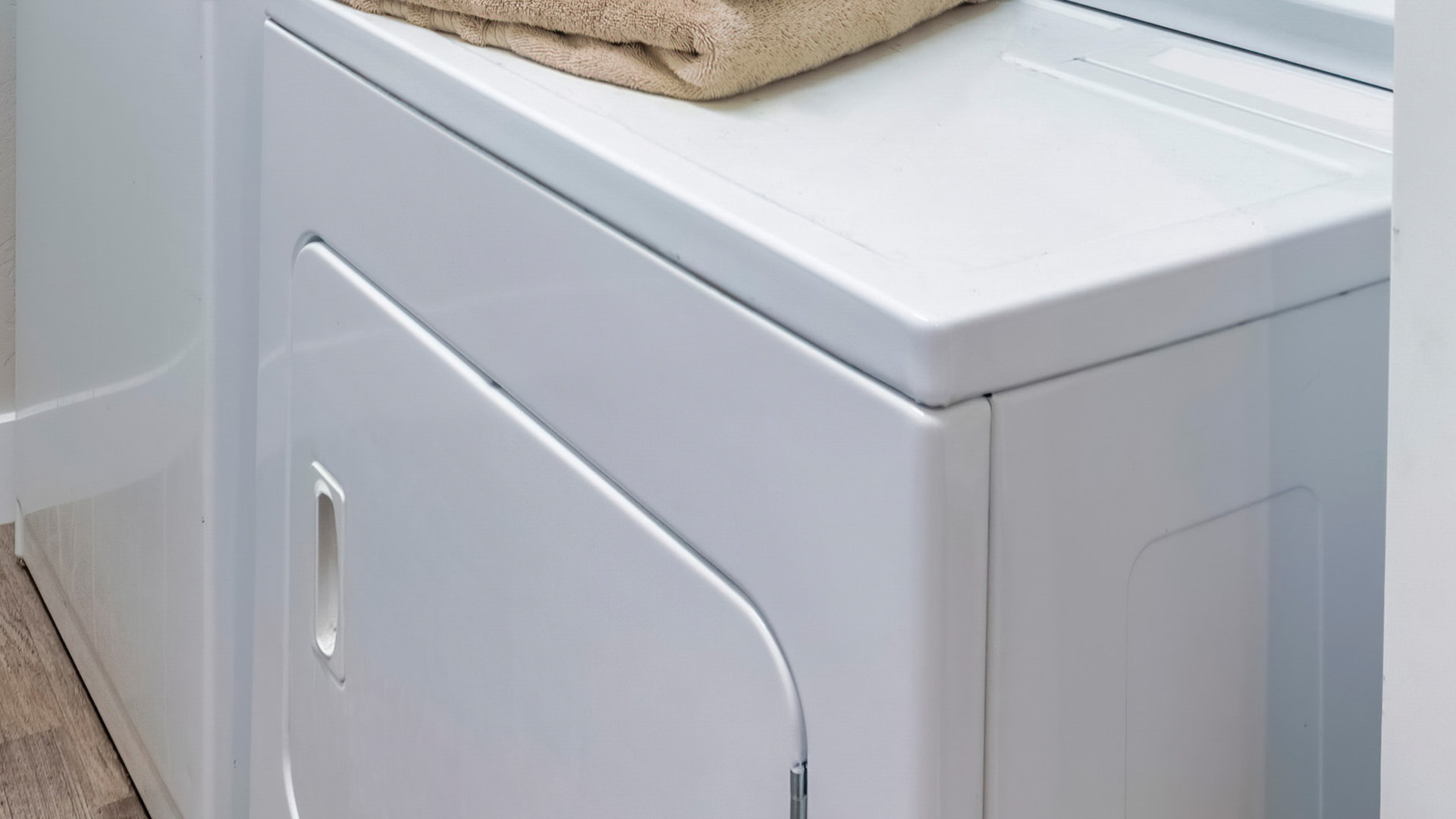
6 Common Reasons Your Speed Queen Dryer Isn’t Heating

8 Reasons Your Samsung Refrigerator Is Not Cooling
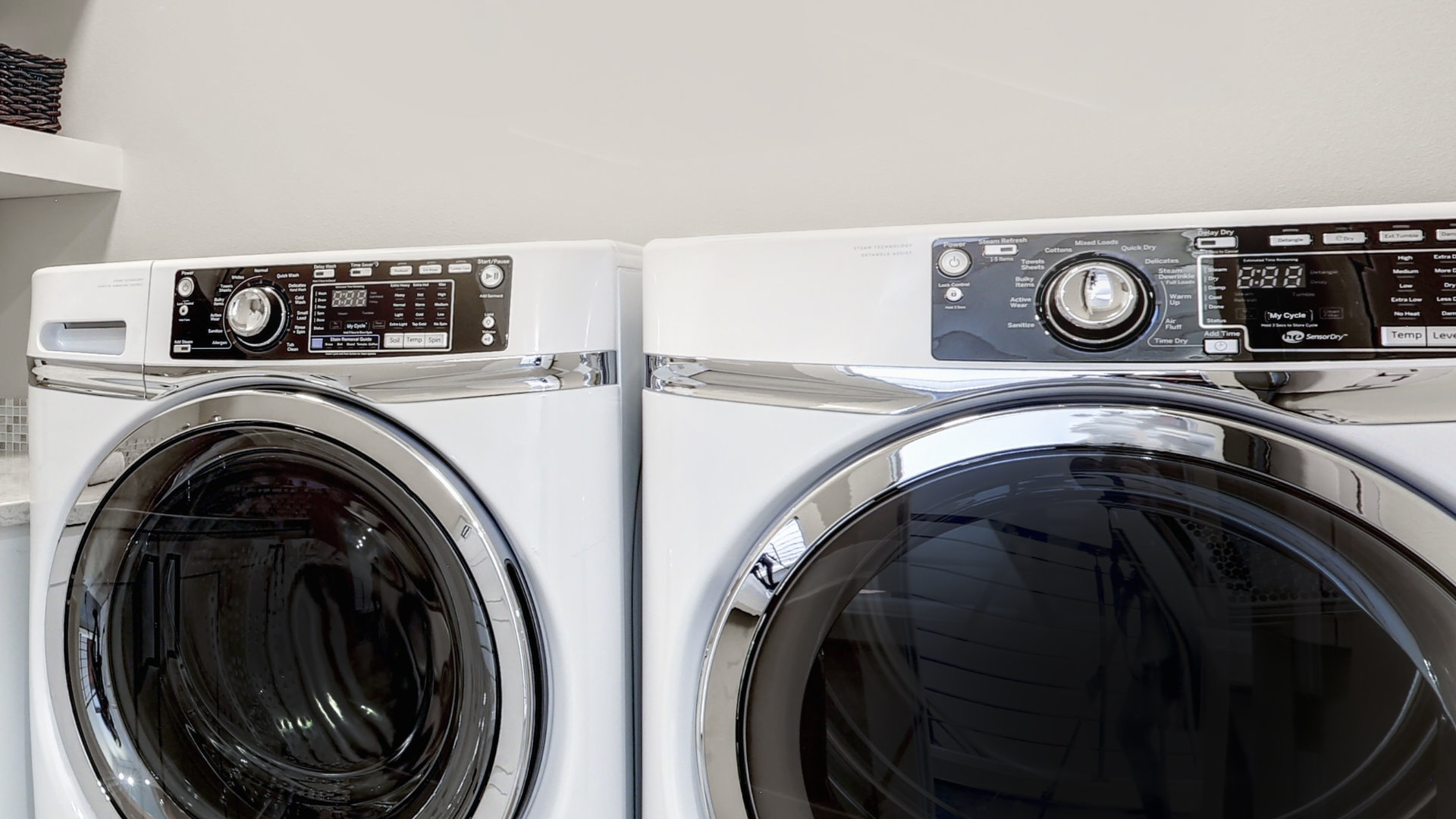
9 Most Reliable Washer and Dryer Brands

How to Get Ink out of Your Dryer the Easy Way

Why Is My Fridge Making Noise That Stops When the Door Is Open?

Frigidaire Refrigerator Error Code H1: Causes & Solutions
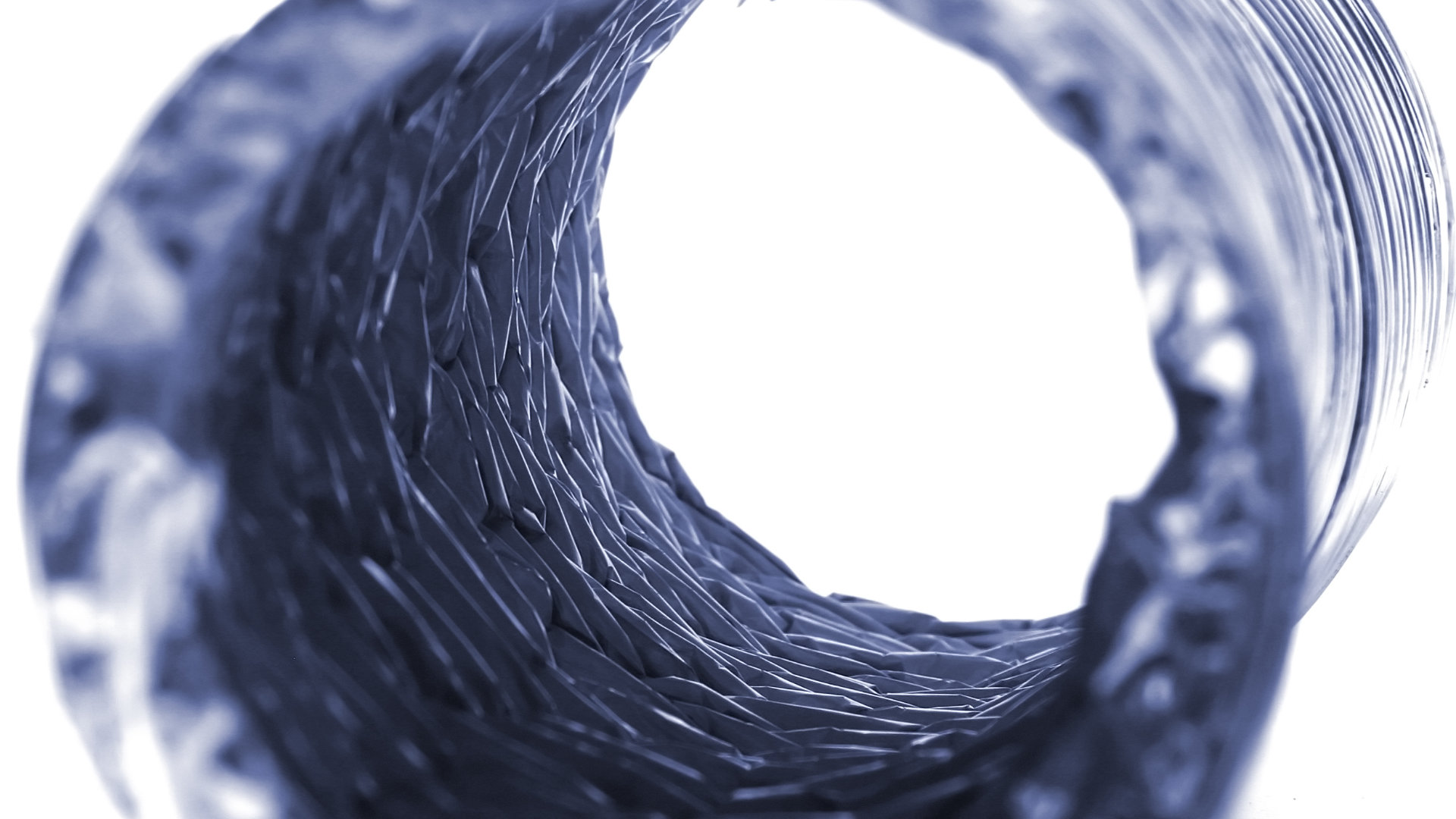
How to Clean a Dryer Vent Without Moving the Dryer
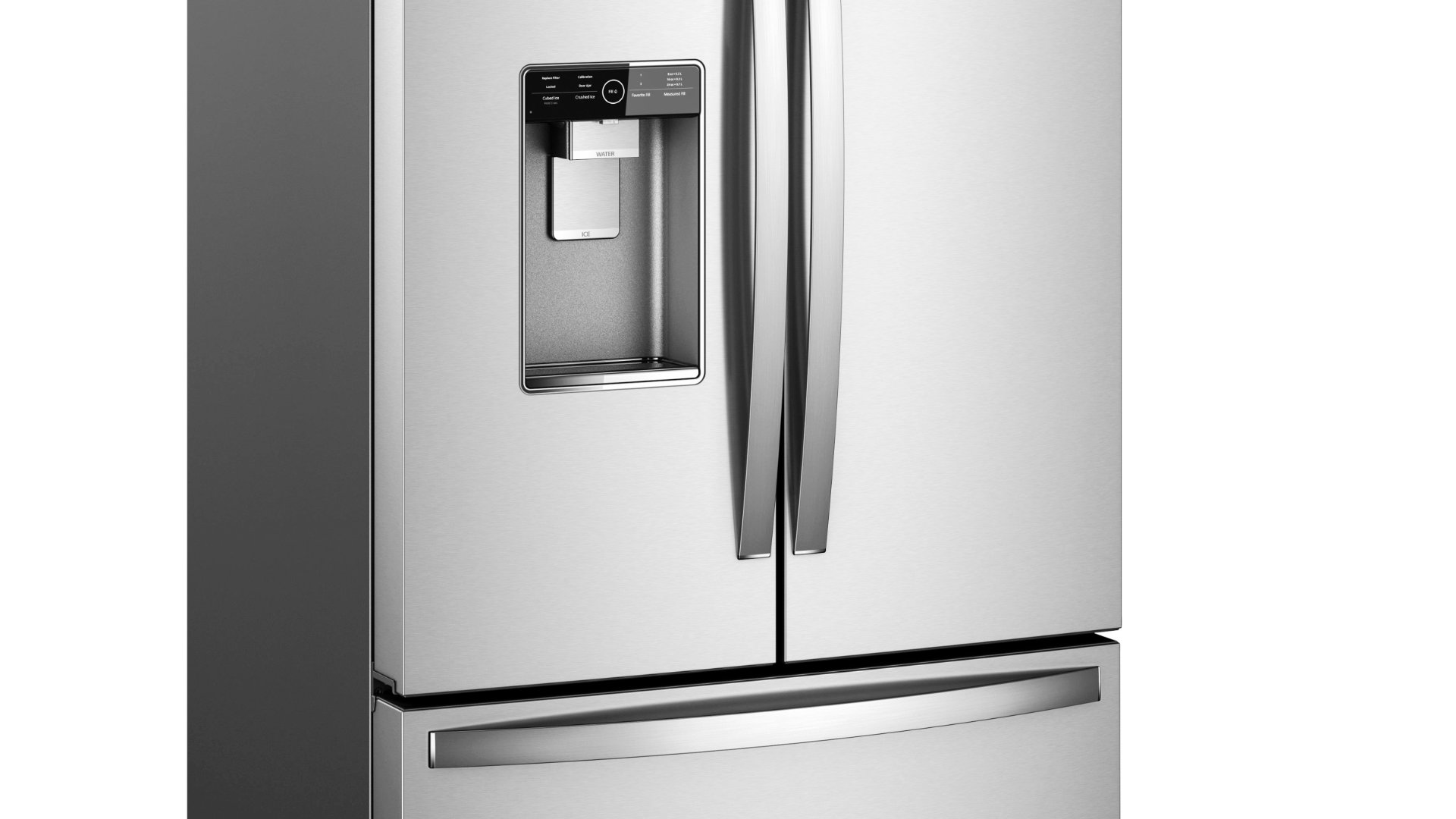
9 Reasons Your LG Refrigerator Isn’t Cooling
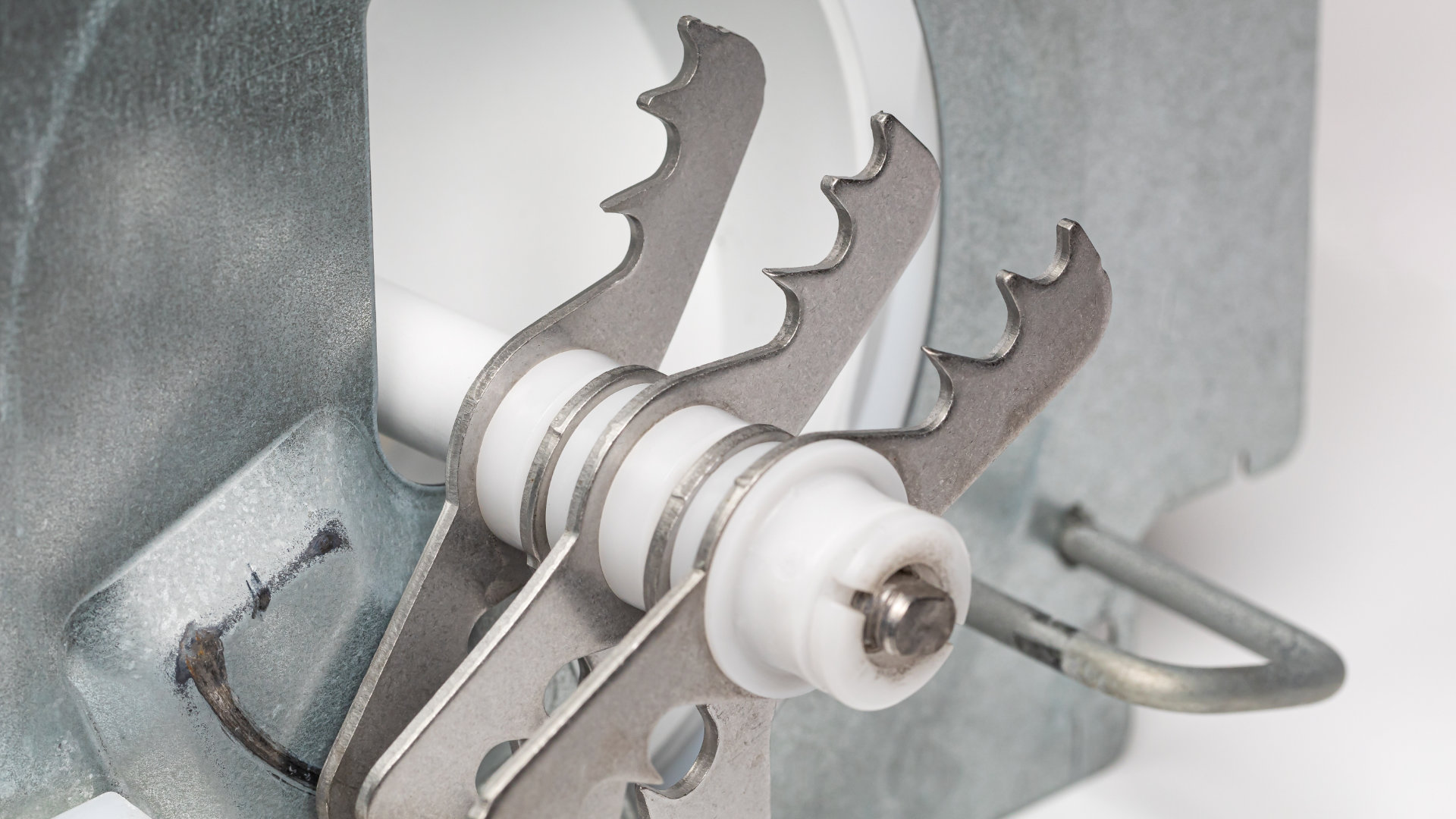
LG Refrigerator Not Making Ice? Here’s What To Do!


